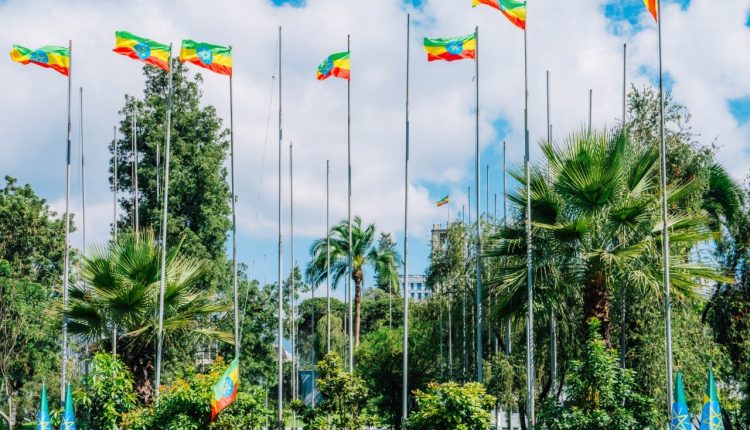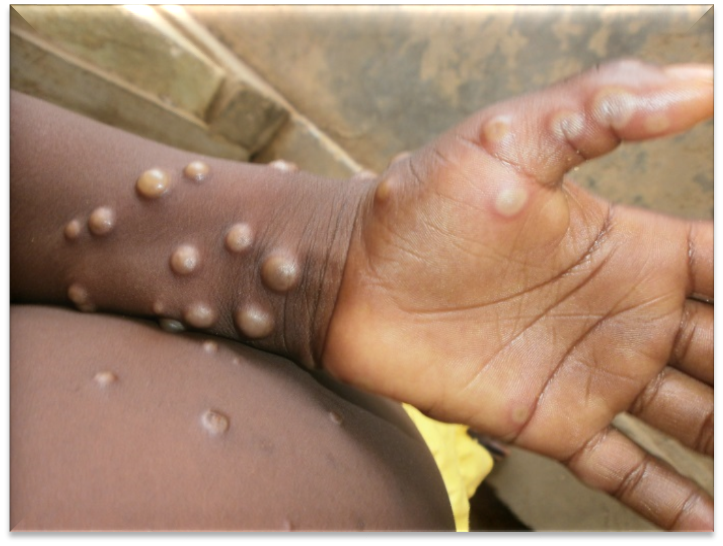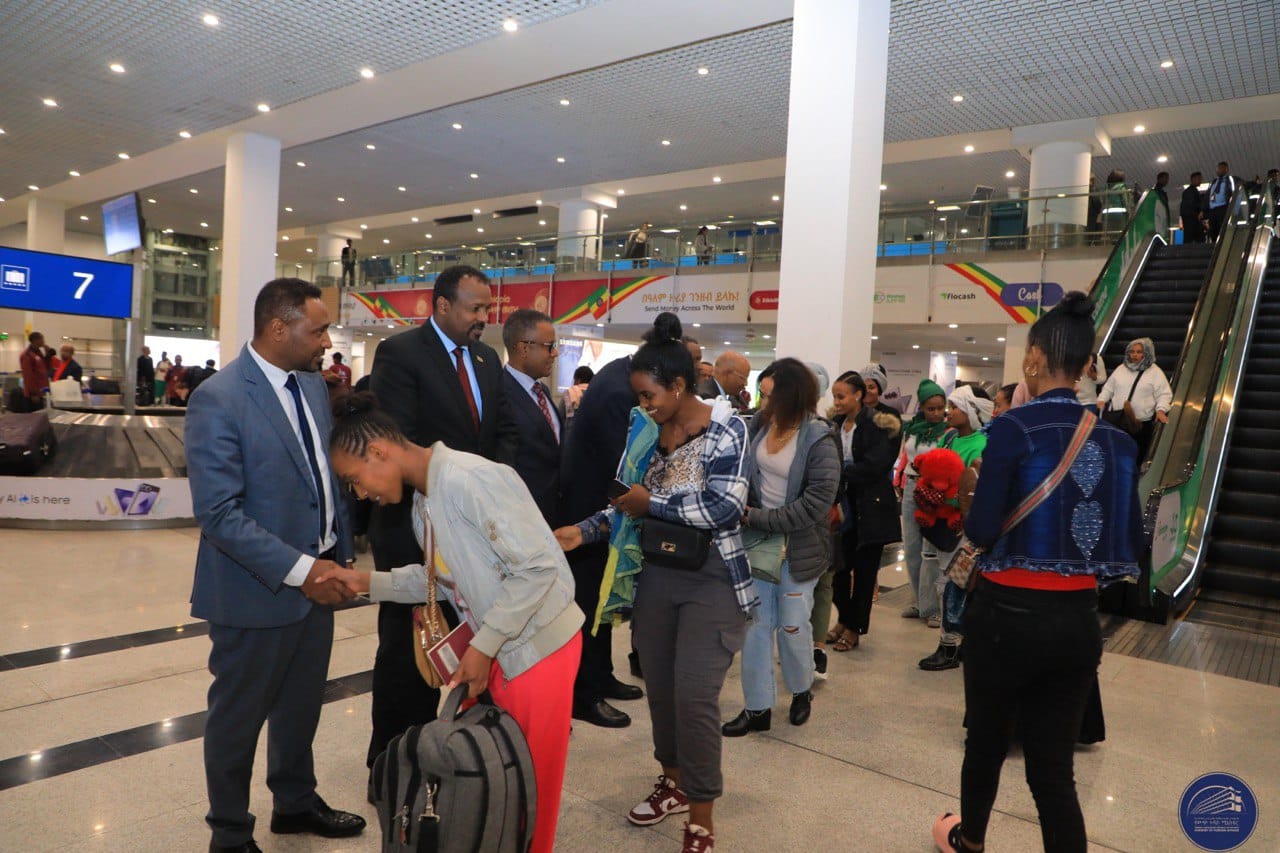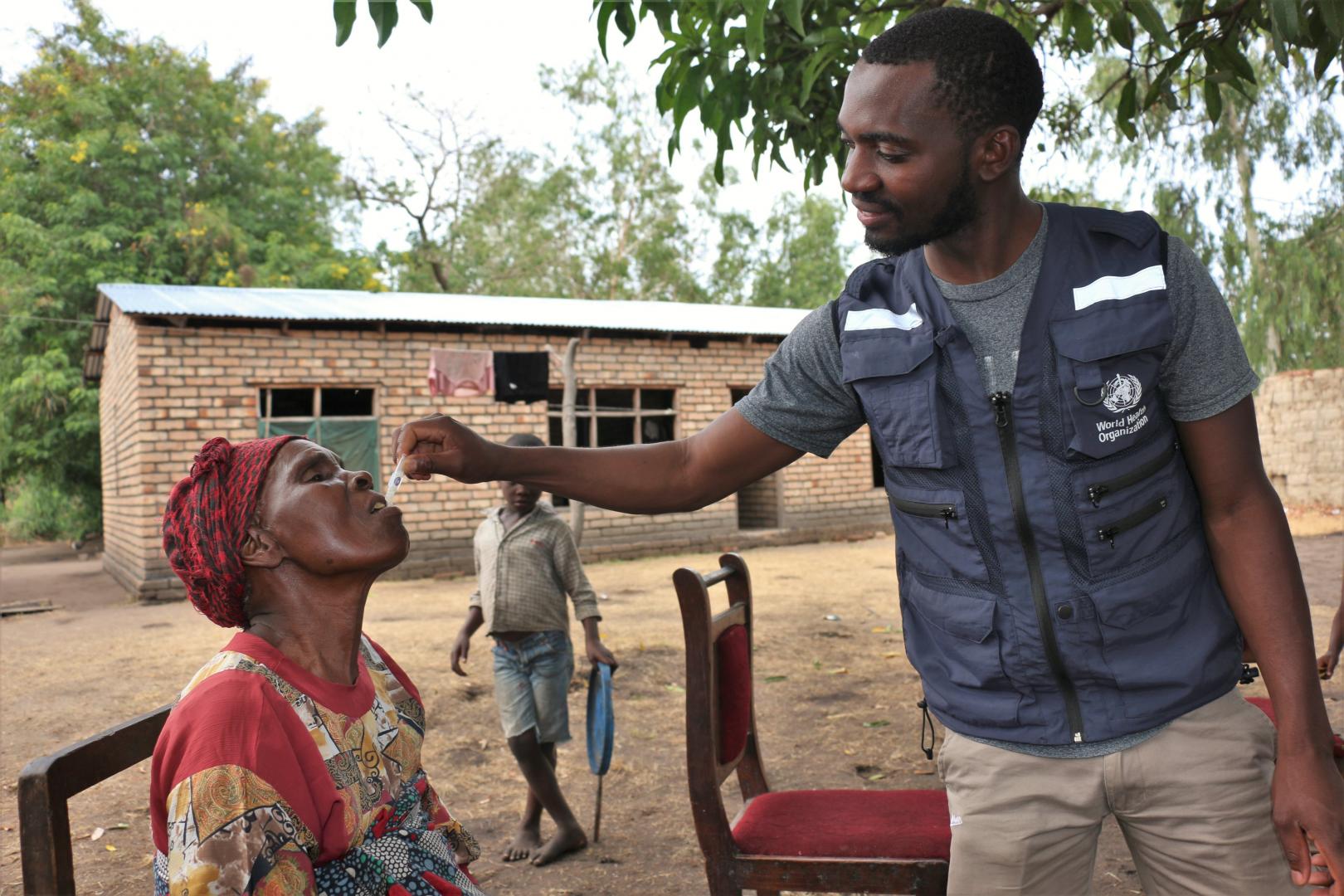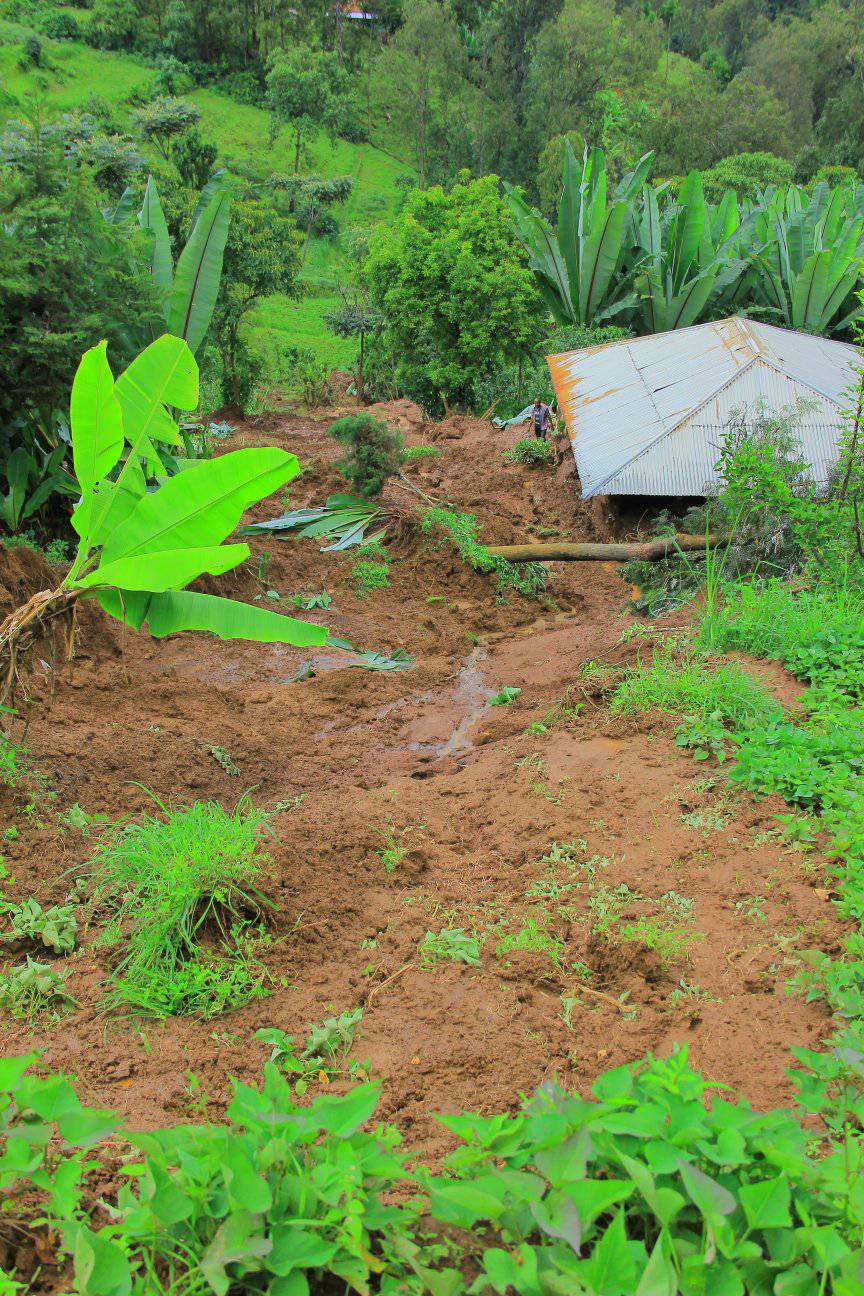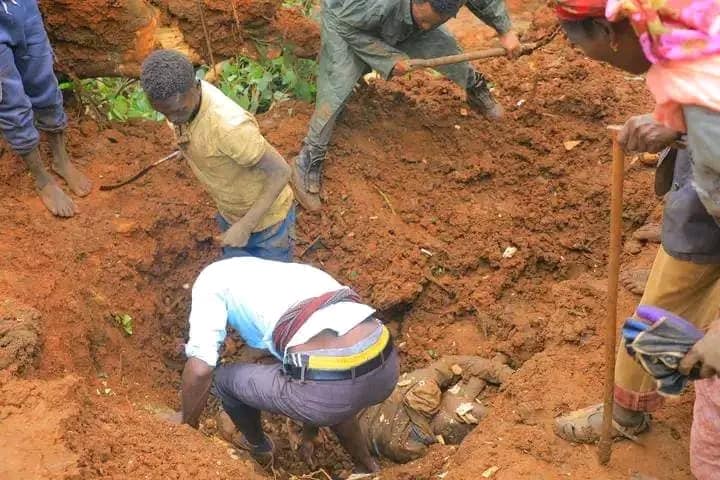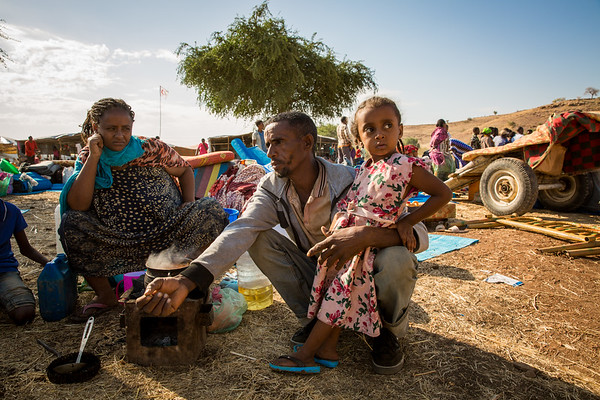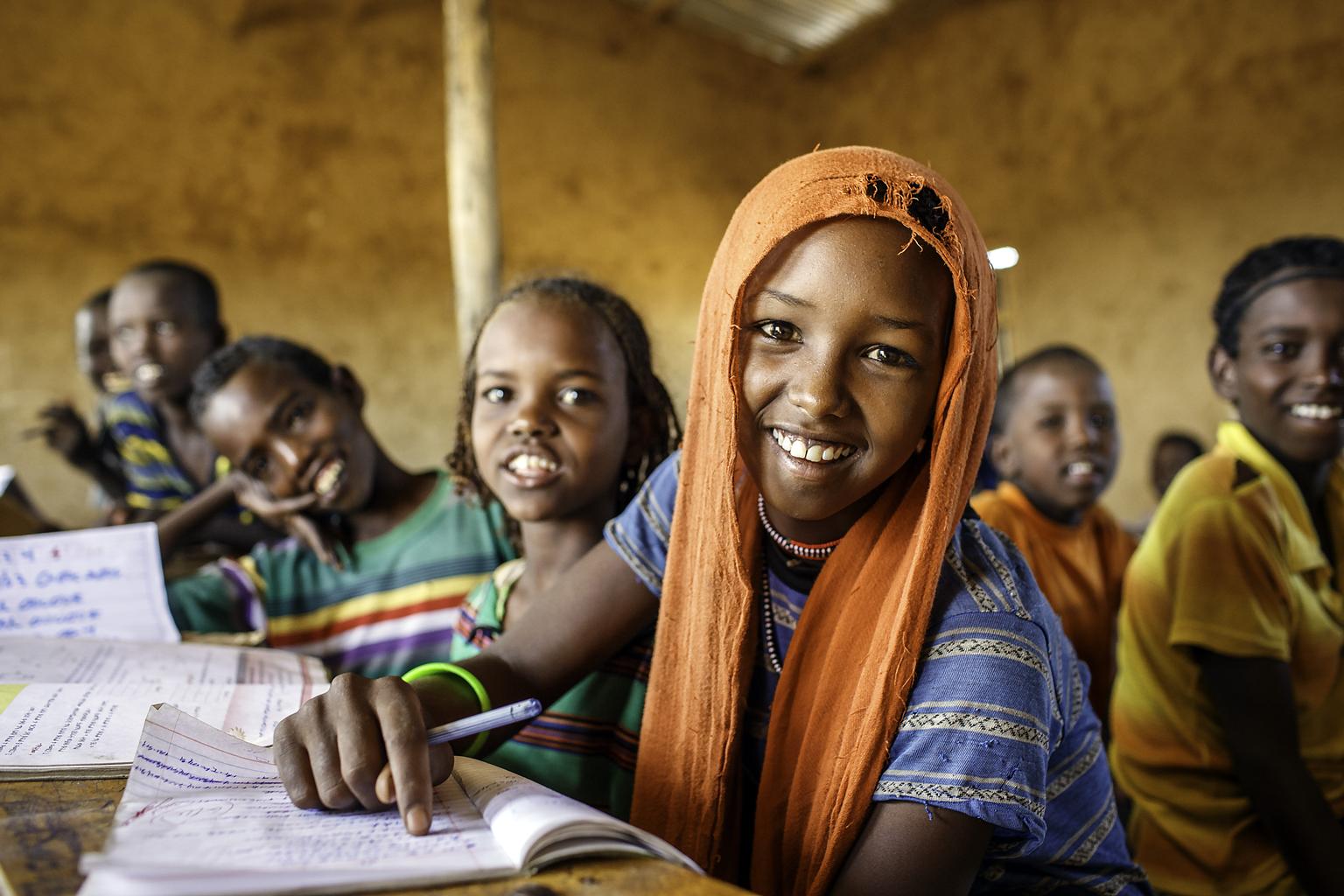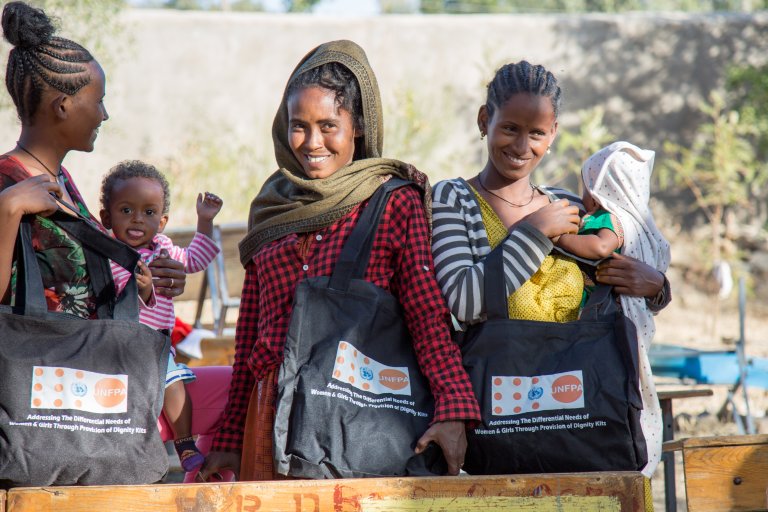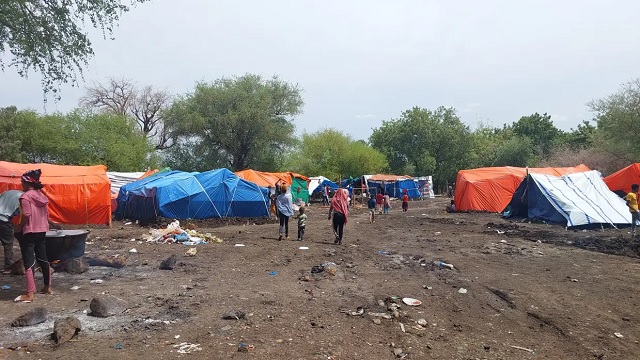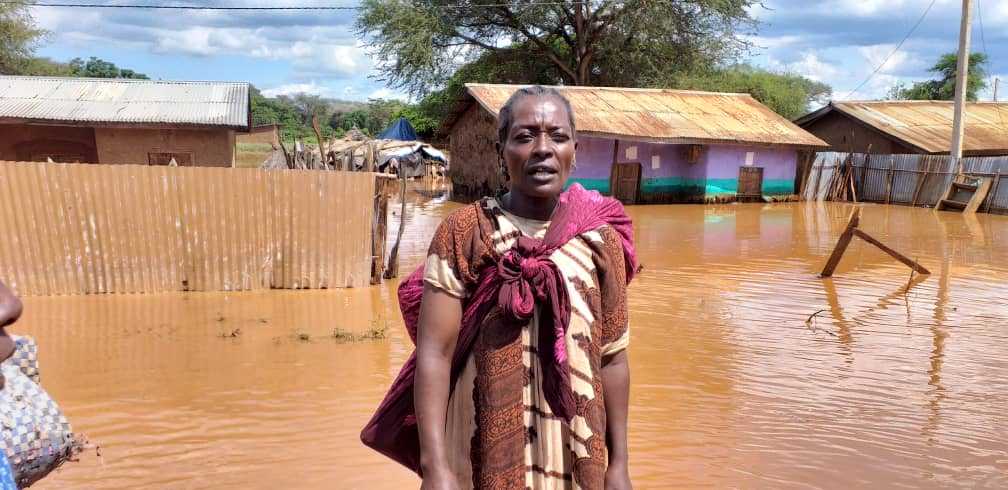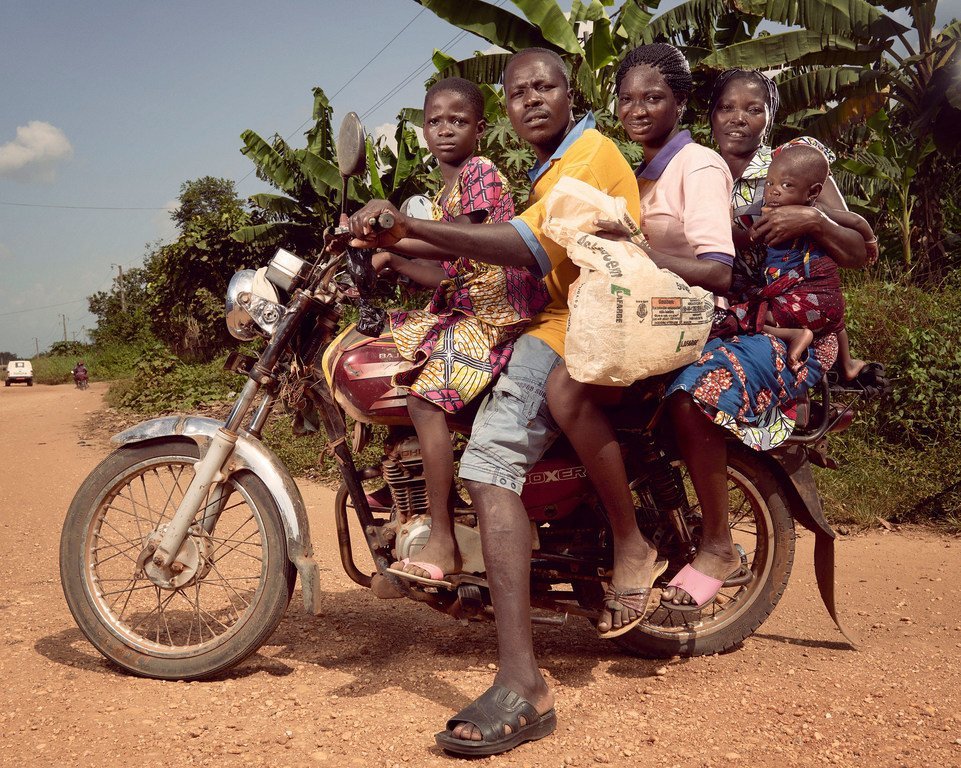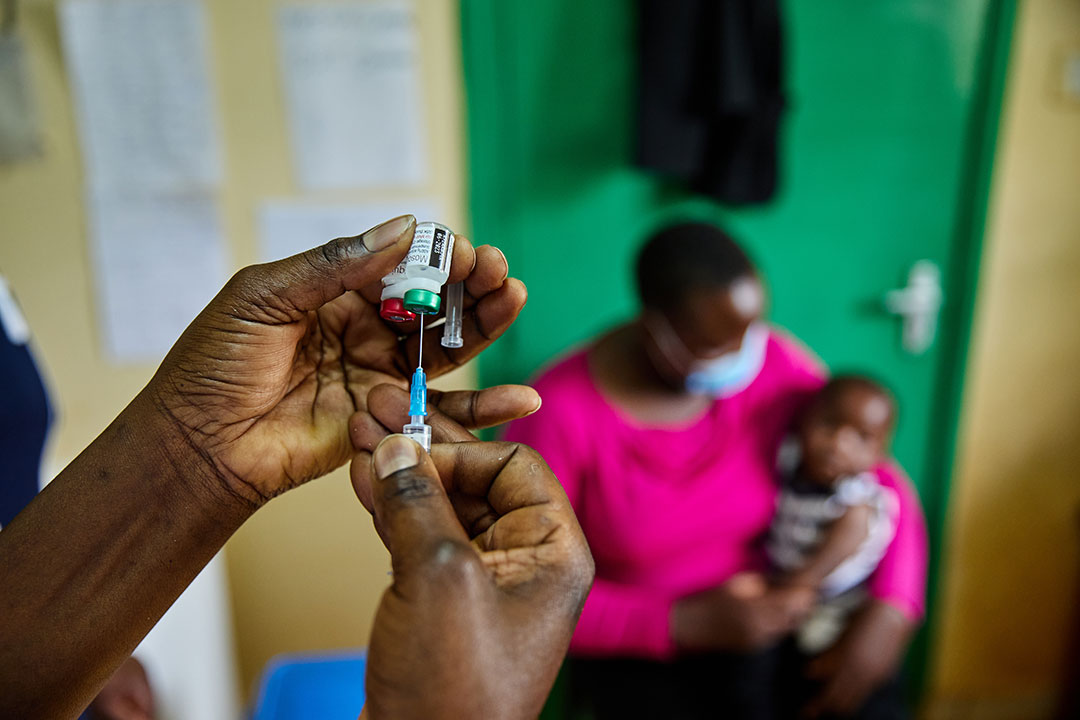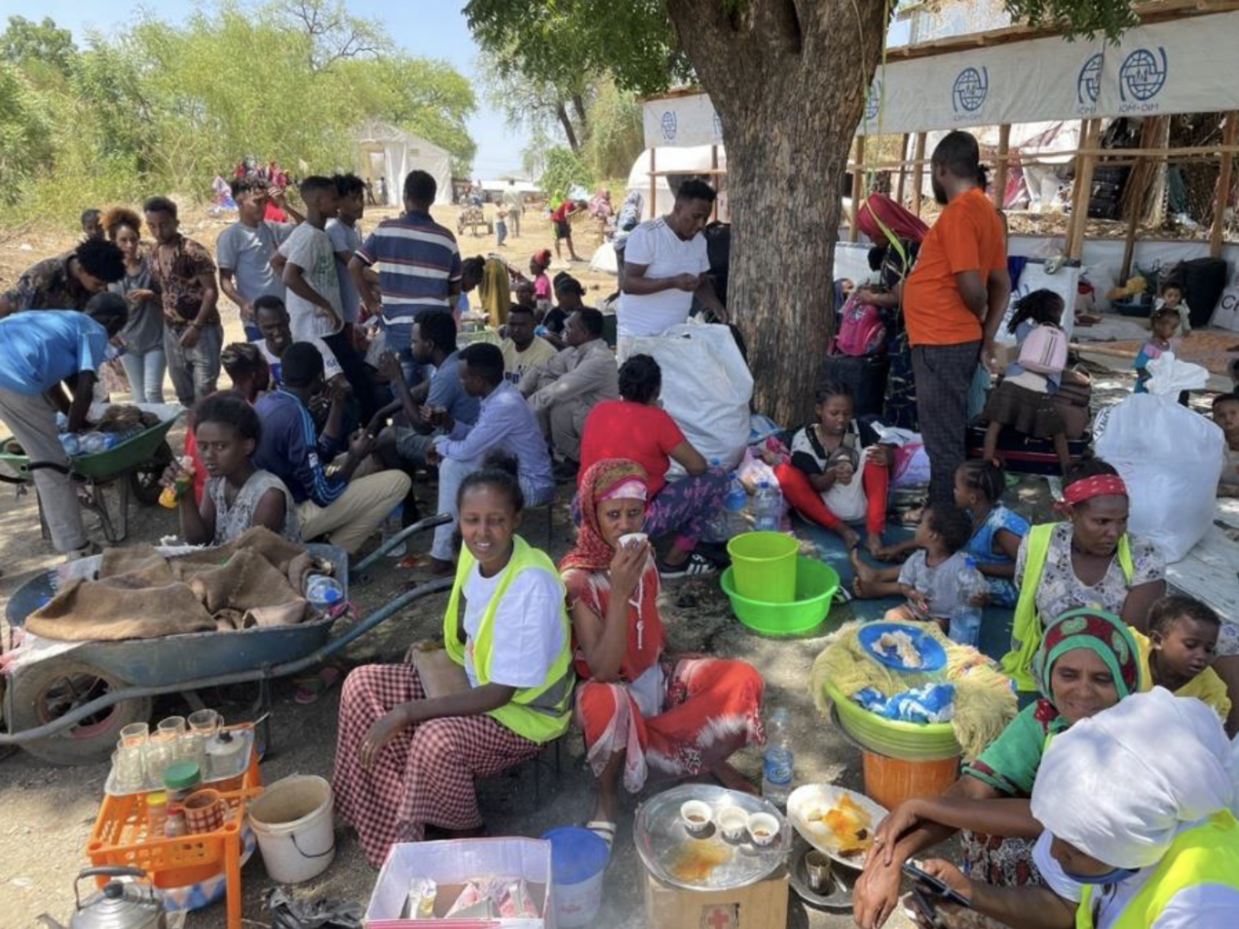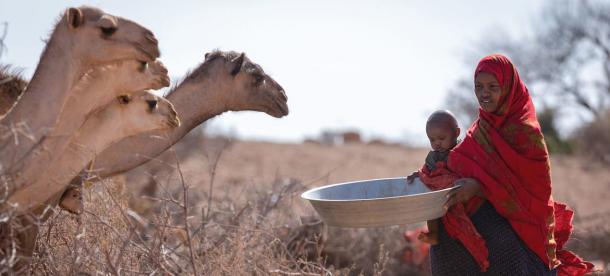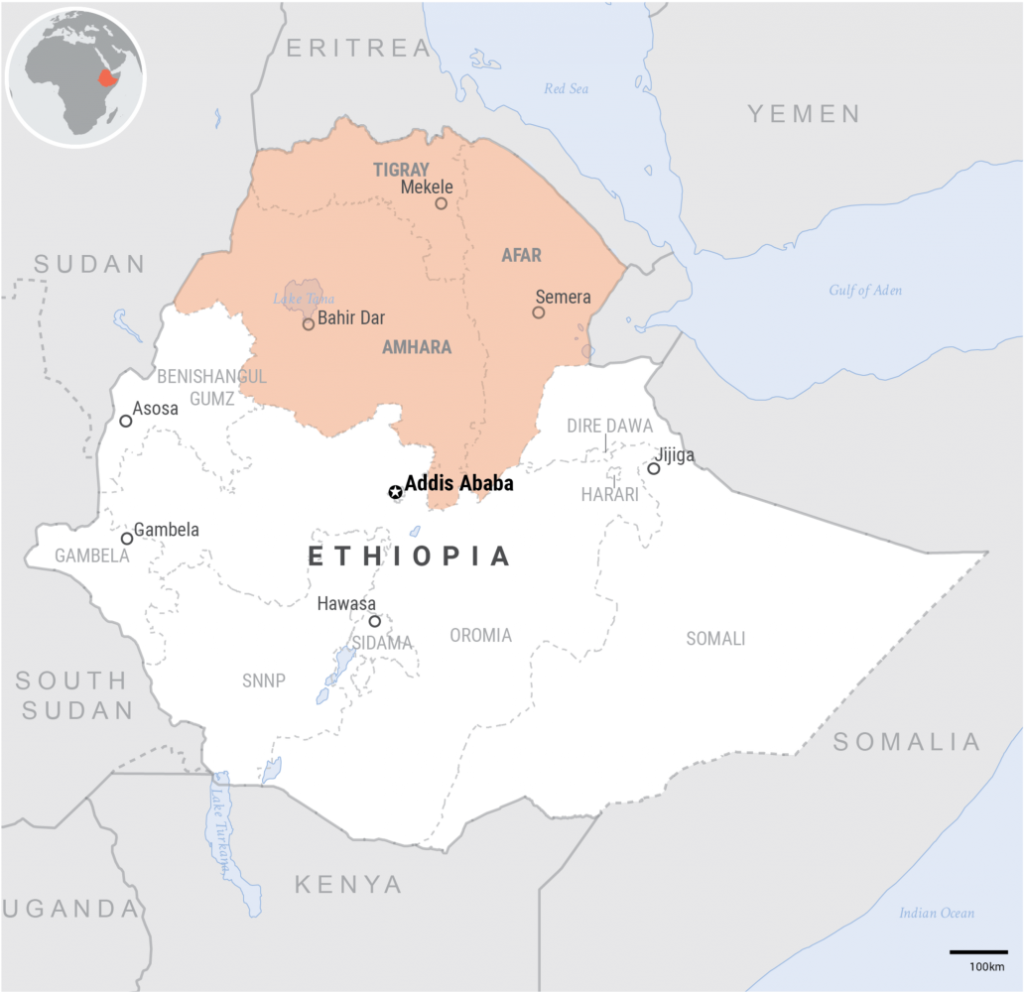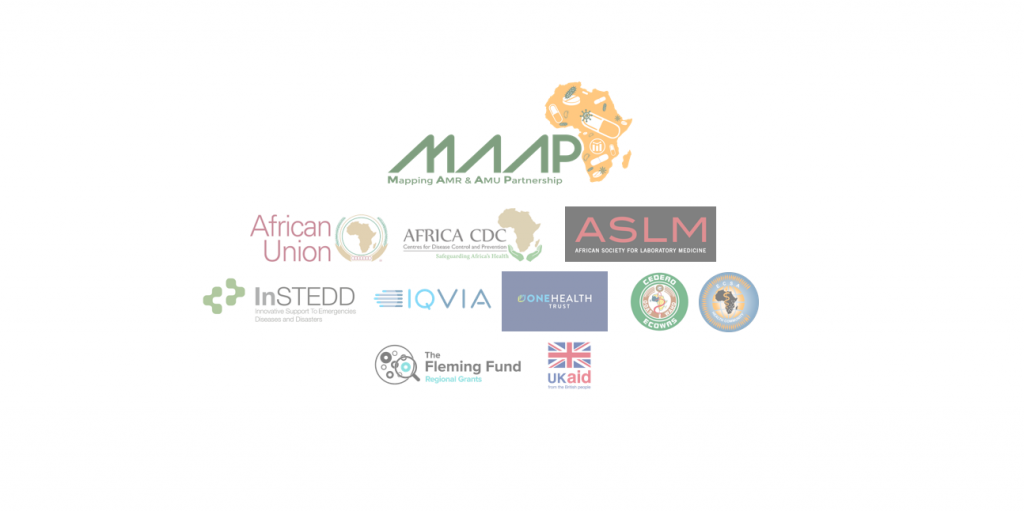
ADDIS ABABA: New study on antimicrobial resistance (AMR) from finds that only five out of the 15 antibiotic-resistant pathogens designated by the World Health Organization (WHO) as priority pathogens are being consistently tested and that all five demonstrated high resistance.
The study, conducted across 14 countries, revealed lack of laboratory capacity and erratic use of available antibiotics, finds only 1.3 percent of medical laboratories conduct any bacteriology testing, the Africa CDC announced in a statement on Thursday.
The multi-year, multi-country study was carried out by the Mapping Antimicrobial Resistance and Antimicrobial Use Partnership (MAAP), a consortium spearheaded by the African Society for Laboratory Medicine (ASLM), with partners including the Africa Center for Disease Control and Prevention (Africa CDC), the One Health Trust, the West African Health Organization (WAHO), the East, Central and Southern Africa Health Community (ECSA-HC), Innovative Support to Emergencies, Diseases and Disasters and IQVIA.
The study provides stark insights on the under-reported depth of the AMR crisis across Africa and lays out urgent policy recommendations to address the emergency.
“Africa is struggling to fight drug-resistant pathogens, just like the rest of the world,” the statement quoted Pascale Ondoa, director of science and new initiatives of the African Society for Laboratory Medicine (ASLM).
“But our struggle is compounded by the fact that we don’t have an accurate picture of how antimicrobial resistance is impacting our citizens and health systems. This study shines much-needed light on the crisis within the crisis.”
The results of the study, which was supported by the Fleming Fund, were released today at a meeting held at the African Union. The results provided insight into the AMR burden and antimicrobial consumption in the 14 countries — areas where most available data on AMR is only based on statistical modeling. The efforts by MAAP are the first of their kind to systematically collect, process and evaluate large quantities of antimicrobial resistance and antimicrobial consumption (AMC) data in Africa.
The WHO has repeatedly stated that AMR is a global health priority — and is in fact one of the leading public health threats of the 21st century. A recent study estimated that, in 2019, nearly 1.3 million deaths globally were attributed to antimicrobial resistant bacterial infections. Africa was found to have the highest mortality rate from AMR infections in the world, with 24 deaths per 100,000 attributable to AMR.
“Across Africa, even where data on antimicrobial resistance is collected, it is not always accessible, often recorded by hand and rarely consolidated or shared with policy makers,” said Nqobile Ndlovu, CEO of ASLM. “As a result, health experts are flying blind and cannot develop and deploy policies that would limit or curtail antimicrobial resistance.”
MAAP reviewed 819,584 AMR records spanning from 2016 to 2019, from 205 laboratories across Burkina Faso, Ghana, Nigeria, Senegal, Sierra Leone, Kenya, Tanzania, Uganda, Malawi, Eswatini, Zambia, Zimbabwe, Gabon and Cameroon. MAAP also reviewed data from 327 hospital and community pharmacies and 16 national-level AMC datasets.
Researchers found that most laboratories across Africa are not ready for AMR testing. Only 1.3 percent of the 50,000 medical laboratories forming the laboratory networks of the 14 participating countries conduct bacteriology testing. And of those, only a fraction can handle the scientific processes needed to evaluate AMR. Researchers also found that in eight of the 14 countries, more than half of the population is out of reach of any bacteriology laboratory.
“The paucity of antimicrobial resistance testing services for 10 out of 15 of the priority pathogens identified by the WHO for causing the greatest threat to human health indicates that AMR levels are likely underestimated, which may directly impact patient care,” said Geetanjali Kapoor, head of One Health Trust, India.
Across the 14 countries clinical and treatment data are not being linked to laboratory results, making it hard to understand what’s driving AMR. Out of almost 187,000 samples tested for antimicrobial resistance, around 88% had no information on patients’ clinical profile, including diagnosis/origin of infection, presence of indwelling device (such as urinary catheters, feeding tubes and wound drains) often associated with development of healthcare-associated infection), comorbidities or antimicrobial usage. The remaining 12% had incomplete information.
“The disconnect between patient data and antimicrobial resistance results, coupled with the extreme antimicrobial resistance burden, makes it incredibly difficult to provide accurate guidelines for patient care and wider public health policies,” said Yewande Alimi, Africa CDC AMR programme coordinator.
“Hence, collecting and connecting laboratory, pharmacy and clinical data will be essential to provide a baseline and a reference for public health action,” Yewande added.
The research also found that only four drugs comprised more than two-thirds (67%) of all the antibiotics used in healthcare settings. Stronger medicines to treat more resistant infections (such as severe pneumonia, sepsis and complicated intra-abdominal infections) were not available, suggesting limited access to some groups of antibiotics.
“Collectively, the data highlights a dual problem of limited access to antibiotics, and irrational use of those that are available,” said Deepak Batra, head of Public Health (Africa and Middle East) and head of Real World Evidence (Middle East) at IQVIA.
“As a result, people don’t get the right treatment for severe infections, and irrational use of antibiotics drives antimicrobial resistance for existing available treatment options. Routine monitoring of antimicrobial consumption could help monitor the limited access and irrational use,” Deepak added.
Based on the findings, MAAP is calling for a drastic increase in the quality and quantity of AMR and AMC data being collected across the continent, along with revised AMR control strategies and research priorities.
“The future of modern medicine and our ability to treat infectious diseases reliably hinges on our ability to control antimicrobial resistance,” said Dr. Ramanan Laxminarayan, director and president, One Health Trust. “This study is an important step forward for Africa’s health systems and the health of people across the continent. I hope MAAP inspires more investment in essential data collection and desperately needed resources.”

